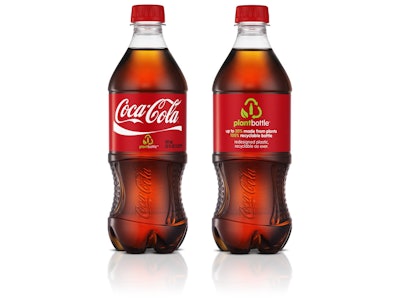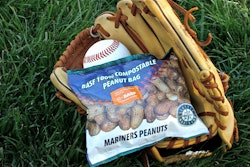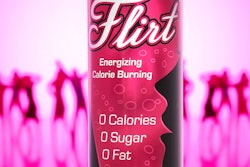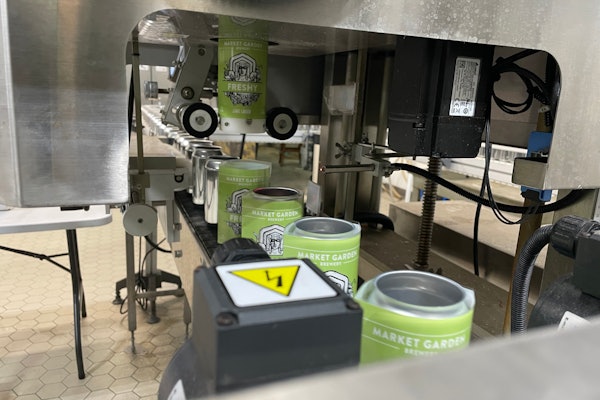
The Coca-Cola Company has announced a partnership with JBF Industries Ltd. to further expand production of the plant-based material used in the company’s PlantBottle™ packaging. Coca-Cola says the supply partnership will help the company continue its leadership in bringing renewable, lower-carbon plastics to the marketplace and will move it closer to its target of using PlantBottle packaging technology in all of its plastic bottles by 2020.
Says Ronald J. Lewis, Coca-Cola’s vice president, procurement and chief procurement officer, “The benefits of sustainable innovation are only fully realized when commercialized and put in the hands of consumers. In 2009, we introduced the world to our PlantBottle package—the first recyclable PET plastic bottle made partially from plants. Today, Coca-Cola has sold more than 10 billion PlantBottle packages around the world that are less dependent on petroleum and have a lower carbon impact. We are pleased that our partnership with JBF Industries Ltd. will help us further expand global production.”
To support this partnership, JBF will build the world’s largest facility to produce bio-glycol—the key ingredient used to make PlantBottle packaging. The facility, which will be located in Araraquara, Sao Paulo, Brazil, will produce the ingredient using locally sourced sugarcane and sugarcane processing waste. Both materials meet Coca-Cola’s established sustainability criteria used to identify plant-based ingredients for PlantBottle packaging. These guiding principles include demonstrating improved environmental and social performance as well as avoiding negative impacts on food security.
Construction on the new facility is expected to begin at the end of this year and will last 24 months. At full capacity, it is estimated the facility will produce 500,000 metric tons of material per year. By using plant-based materials instead of nonrenewable materials, the facility will remove the equivalent of 690,000 metric tons of carbon dioxide, or the equivalent of consuming more than 1.5 million barrels of oil each year.
PlantBottle packaging is available in more than 24 countries worldwide and across a wide variety of Coca-Cola products. Since the package launched in 2009, Coca-Cola says its use has eliminated the equivalent of almost 100,000 metric tons of carbon dioxide emissions—the equivalent of 200,000 barrels of oil from Coca-Cola’s PET plastic packaging.

























